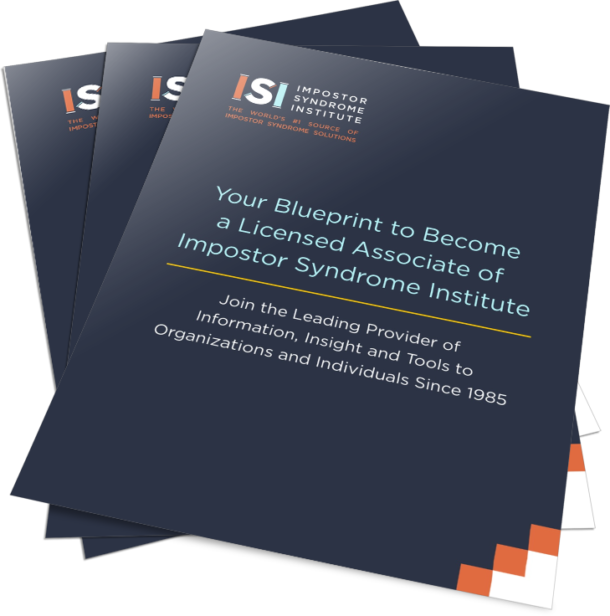Have you noticed how when you dare to go after a dream, resistance is intent on keeping you small?
The closer you get to believing that you actually can do it, the more likely you are to receive an unwanted visit from that niggling inner voice. The one that demands to know, Who do you think you are?
In reality the question you should be asking yourself is Who do I think I am not to go for it?
Whether you know it or not, your actions, and conversely your failure to act, have implications that extend far beyond you. It’s a lesson I learned while trying to complete the dissertation that set the stage for a book I’d write some thirty years later.
Each of my subjects had been interviewed and all the recordings had been transcribed. I’d even settled on a title: “A Model of Internal Barriers to Women’s Occupational Achievement.”
Then the resistance kicked in.
I was overwhelmed by the prospect of trying to make sense out of nearly a thousand pages of data. I started second-guessing my topic. I developed a severe case of writer’s block. In short, I felt like a fraud. Besides, who did this daughter from a long line of housekeepers and custodians think she was to be “Dr.” Valerie Young?
At the time my friend Rita Hardiman was leading diversity seminars for managers and executives at some of the largest corporations in the country. Every day she observed amazingly competent women struggling to feel as confident as their oversized shoulder pads implied.
Rita had completed her own dissertation only months earlier, so she knew what I was up against. Fearing I might never finish, she sat down and wrote me a letter. There was a lot to it, of course, but the part that stopped me in my tracks was when she said, “Valerie, you have to finish this dissertation. The things you’ve learned through your research can benefit a lot of women. And if you don’t finish, we all lose.”
Rita’s words forever changed how I viewed the consequences of playing small. My gut response was, “Oh my goodness, how selfish am I? People are waiting for me! I have to hurry!” It was as if someone had flipped a switch inside me. This recognition that my procrastination had consequences for people other than myself became a powerful motivating force.
This strategy can also improve your chances of achieving a long-held dream. Over the years, I’ve had countless opportunities to use Rita’s advice to help women who find it difficult to let their light shine.
One of these was a gifted but unpublished writer named Kim. She had spent years lovingly caring for an ailing parent. After her father passed she began to craft a play about her experience. Kim got only so far before she was stopped by the fear that her play might actually become a hit. Then, she said, “I’d have to play big.”
I invited her to imagine a sold-out theater full of people… to feel the excitement in the crowd, to know that among them were many women who had been through similar experiences with their own parents, women who were especially eager for their own joy and pain to be honored by the words she’d scripted… to watch as the lights dimmed and the curtain rose to reveal an empty stage… and then to hear herself, the almost-playwright, step out from the wings and announce to her almost-admirers, I’m sorry, there will be no play tonight. I was too afraid of being great to write it.
Can playing big be scary? You bet. It’s even harder if you’ve spent your life putting others’ needs before your own. Even when you do manage to convince yourself that you are worthy, to suddenly move your own dream to the front burner can feel selfish.
All the more reason you need to see that everyone loses when you play small. As Audre Lorde said, “When I care to be powerful—to use my strengths in the service of my vision, then it becomes less and less important whether I am afraid.”
Instead of the proverbial question “What would you do if money were no object?” try asking, “What sort of difference could I make if fear were not a factor?”
There are people out there right this very minute who want and deserve to benefit from your full range of knowledge, abilities, and skills. After all – everyone loses when bright people play small.




